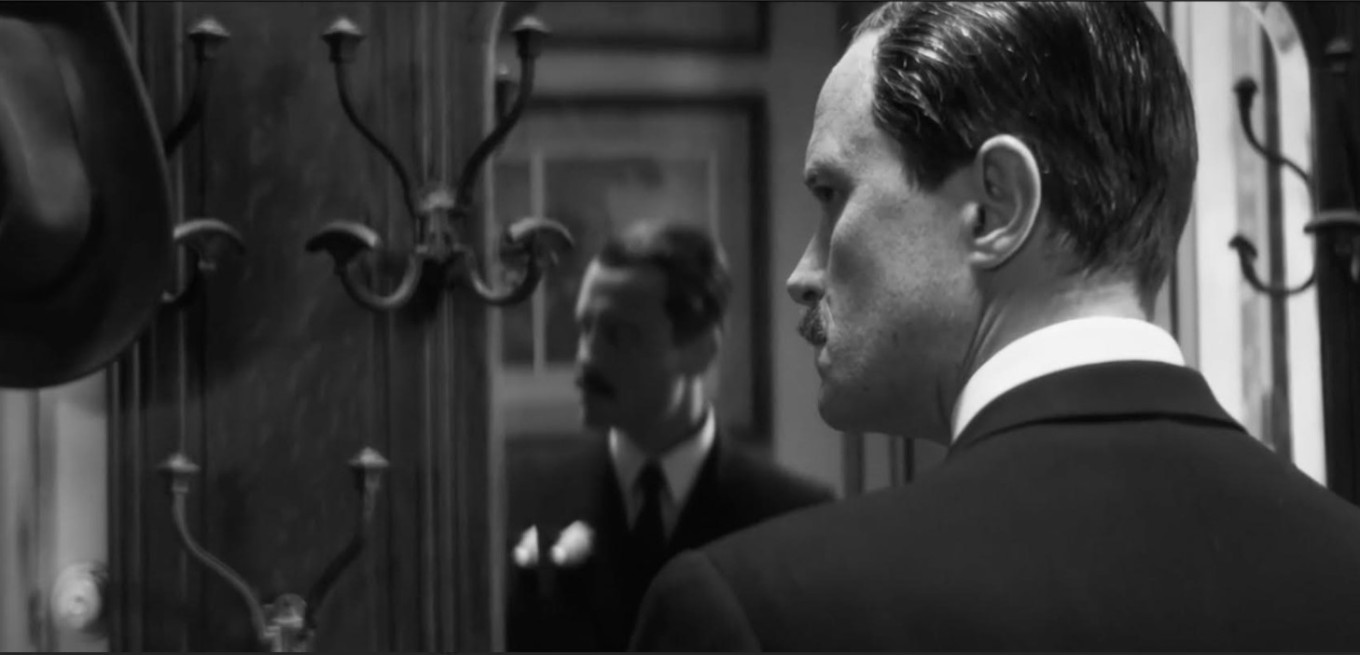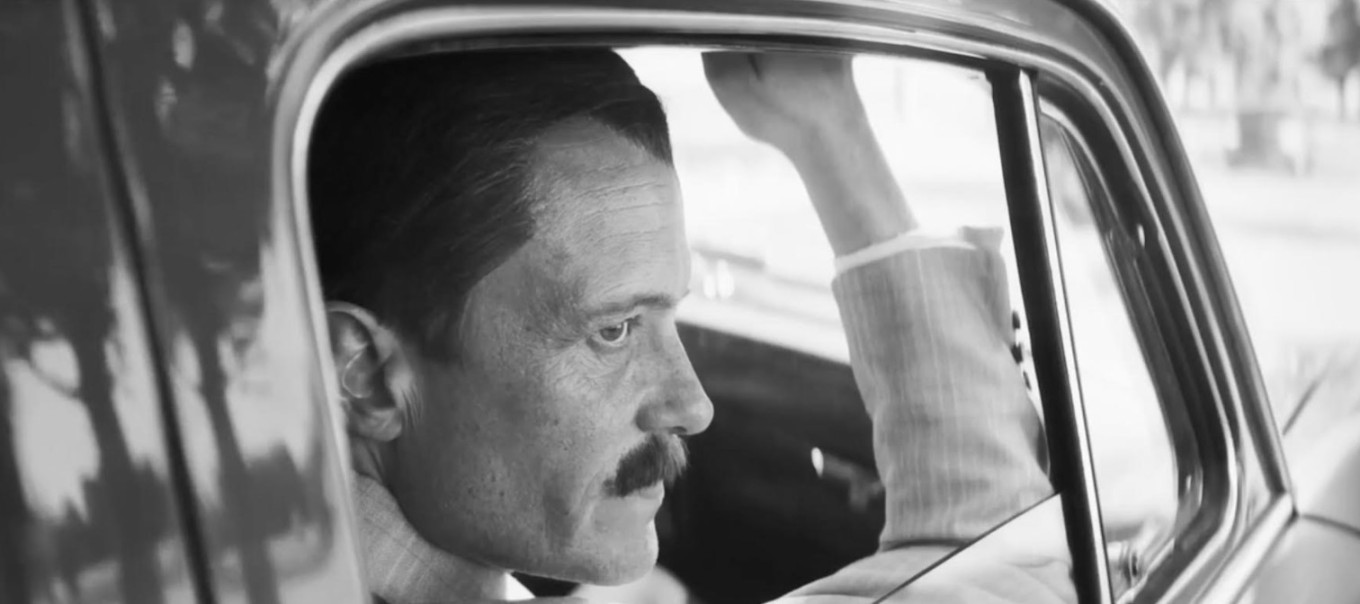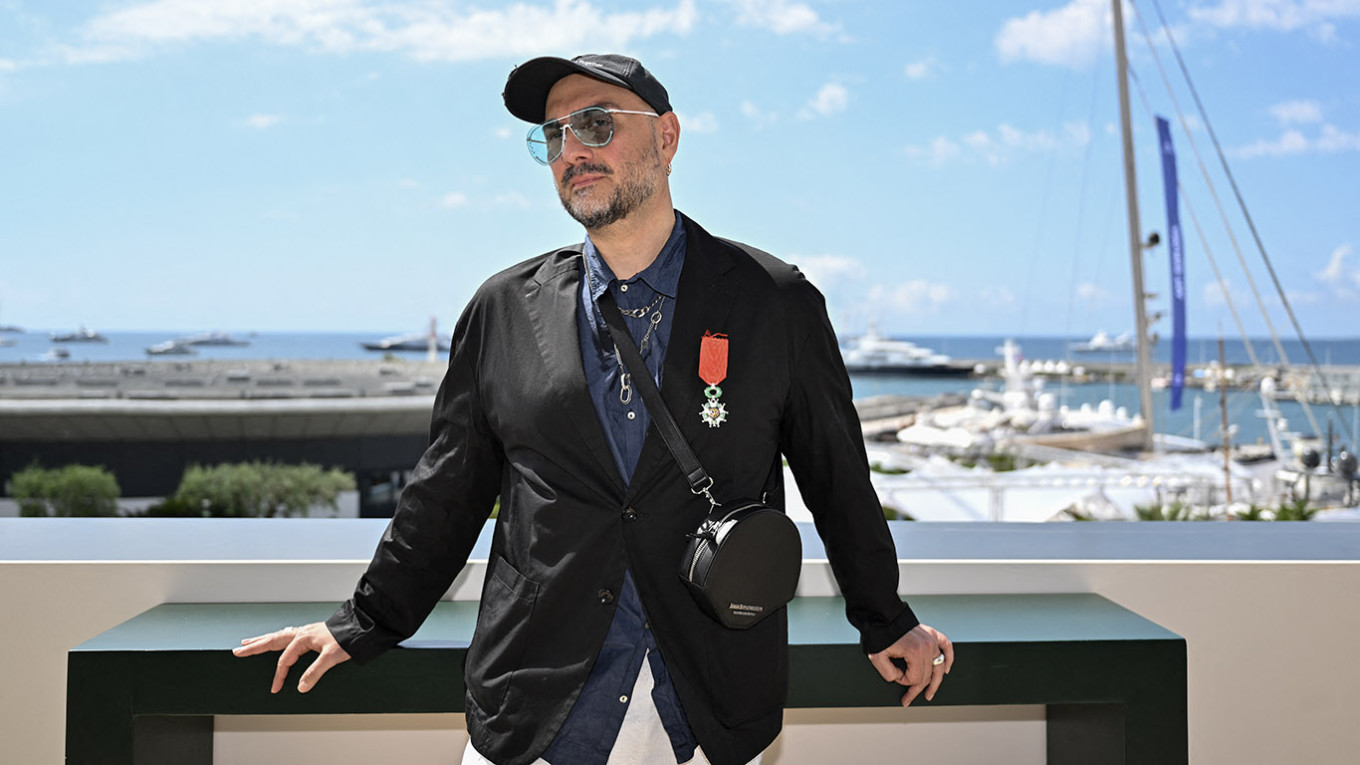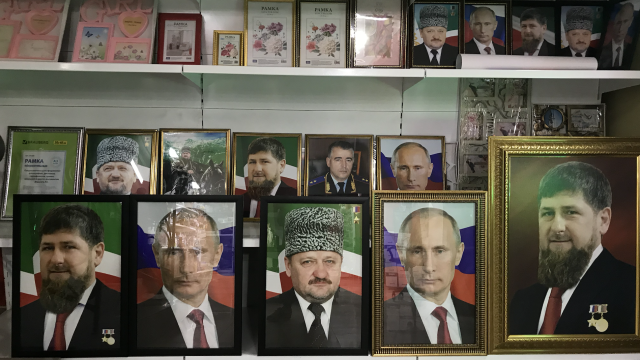“The Disappearance of Josef Mengele” is not a comfortable film. It was not intended to be. Directed by Kirill Serebrennikov, the film compels viewers to confront complicity, not only as a historical artifact but as an enduring political condition. What makes it so disturbing is not its portrayal of overt horror, but its depiction of how cruelty often arrives dressed in calm authority.
The Russian filmmaker, now living in exile in Berlin and long known for work that challenges political boundaries, presented his first film in the German language in the Cannes Première section of the 78th edition of the Cannes Film Festival.
Based on Olivier Guez’s critically acclaimed book, the film follows the decades-long escape of Josef Mengele, the infamous Auschwitz doctor who conducted gruesome experiments on camp prisoners. After the war, Mengele fled to South America, where he lived under aliases, avoided capture, and ultimately died in Brazil in 1979 — without ever facing justice.
Serebrennikov does not attempt a conventional historical biopic. Instead, he constructs a layered meditation on how ideologies survive, even thrive, beneath new guises.
The title “Disappearance” resonates on multiple levels. It refers not only to Mengele’s physical vanishing — slipping away from war crimes tribunals and Interpol searches — but to the broader disappearance of memory and accountability. In a world increasingly saturated by ideological control and historical revisionism, the film asks: What happens when entire societies look away?

The opening scene grounds this question in the present. In a Brazilian university lab, students examine a skeleton — all that remains of the man once called the “Angel of Death.” Mengele, who reduced people to anatomical data in life, has himself become a teaching tool in death. It’s a bitter irony that Serebrennikov exploits. The narrative follows Mengele’s descent into paranoia and ideological entrenchment as he changes names, addresses, and faces — from Gregor to Don Pedro to Peter Hochbichler. But although the geography shifts, his convictions remain terrifyingly intact. He continues to idolize Hitler, praise “order” and “tradition,” and express contempt for what he calls “inferior races,” communists, and women. These are not just historical character traits. They are ideological echoes still resonating in parts of today’s world.
Serebrennikov, whose earlier works have earned both acclaim and censorship in his home country, deliberately frames the film as a cautionary tale. In his portrayal, Mengele is not a relic of the past but a symbol of unrepentant authoritarianism.
The film contains no Russian language or actors — an intentional distance from the director’s own embattled homeland, where artistic freedom has narrowed and dissent is often equated with treason. This distancing is itself a political gesture. In recent years, Serebrennikov has positioned himself at odds with the narrowed cultural freedoms and ideological rigidity of many state systems. In this light, the film reads as an allegory — not just of one man’s evasion of justice, but of a global climate in which those who uphold repressive ideologies are often shielded rather than challenged.
Stylistically, “The Disappearance” is unmistakably Serebrennikov. The film avoids a purely realistic approach and leans into stylization — stark lighting, theatrical monologues, and unsettling juxtapositions of sound and image. Wagner’s “Tristan und Isolde” plays as Mengele methodically dissects a pig carcass, a grotesque mirror of his wartime “research.” These choices verge on the operatic but are effective: they strip away any lingering notions of moral ambiguity.

August Diehl, the renowned German actor who a few years ago starred in Mikhail Lokshin’s high-budget drama “Woland” (based on Mikhail Bulgakov’s “The Master and Margarita”), continues his trend of portraying intellectual monsters in Russia-connected cinema. In “The Disappearance of Josef Mengele” his performance takes on a grotesque edge in the film’s final act, particularly as the aging Mengele descends into near-madness that at times risks veering into theatrical overkill.
The film’s irony extends beyond the character. Mengele, once the architect of systematic dehumanization, is reduced to dust in a lab. But he dies after a long and not unhappy life without facing consequences. The system that produced him — a belief in racial hierarchy, moral superiority, and the rights of the strong over the weak — is portrayed as shockingly resilient. Thirty years after the Holocaust, the film suggests, Mengele still believed he was simply “doing his job,” preserving “values” that others were too weak to defend.
This message is difficult to absorb — and intentionally so. It implicates not only historical Germany, but any society willing to justify power through ideology.
The parallels to our contemporary moment are clear — countries where appeals to “order,” “tradition” and “security” are used to justify narrowing freedoms and suppress dissenting voices. The film suggests that ideological rigidity often survives not because it is hidden, but because it is normalized — embedded in institutions, repeated in rhetoric, and quietly tolerated.
As producer Felix von Boehm noted in a press release, the film aims to “precisely depict ideological narrowness” — not as a historical curiosity, but as a contemporary danger. And indeed, “The Disappearance” does not moralize so much as it illuminates. It shows how dangerous ideas are not only born — but maintained, institutionalized, and quietly accepted.
During the Cannes Film Festival, Serebrennikov was awarded the French Legion of Honor, underscoring the irony of a global honor being bestowed on a filmmaker who had to leave his homeland to work with creative freedom.
A Message from The Moscow Times:
Dear readers,
We are facing unprecedented challenges. Russia's Prosecutor General's Office has designated The Moscow Times as an "undesirable" organization, criminalizing our work and putting our staff at risk of prosecution. This follows our earlier unjust labeling as a "foreign agent."
These actions are direct attempts to silence independent journalism in Russia. The authorities claim our work "discredits the decisions of the Russian leadership." We see things differently: we strive to provide accurate, unbiased reporting on Russia.
We, the journalists of The Moscow Times, refuse to be silenced. But to continue our work, we need your help.
Your support, no matter how small, makes a world of difference. If you can, please support us monthly starting from just $2. It's quick to set up, and every contribution makes a significant impact.
By supporting The Moscow Times, you're defending open, independent journalism in the face of repression. Thank you for standing with us.
Remind me later.







